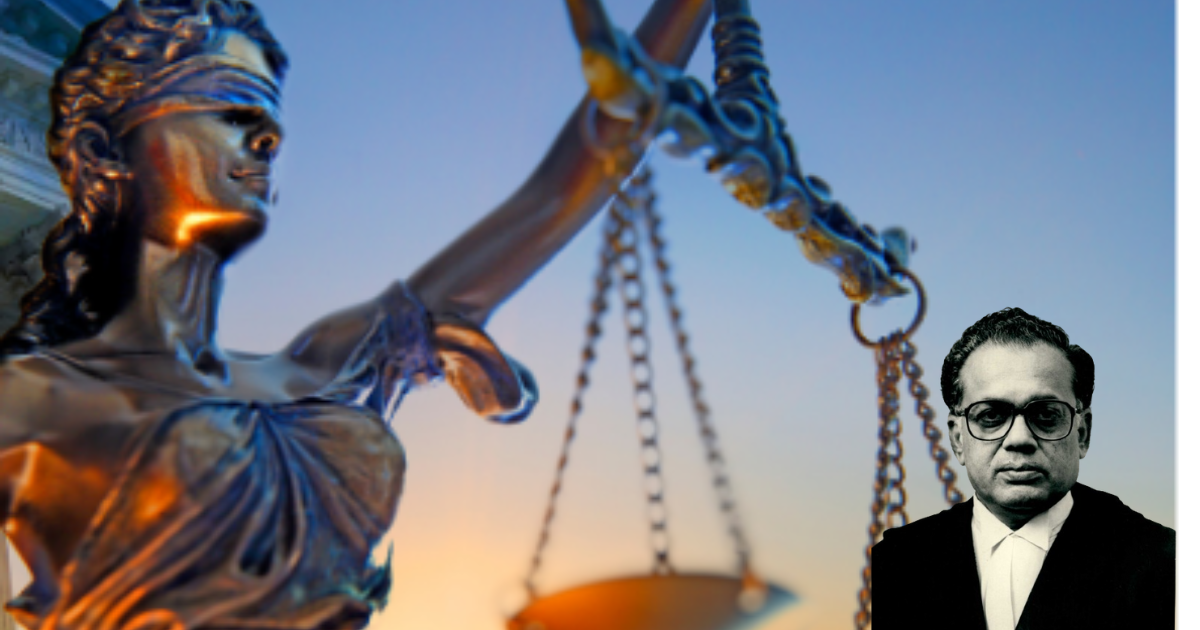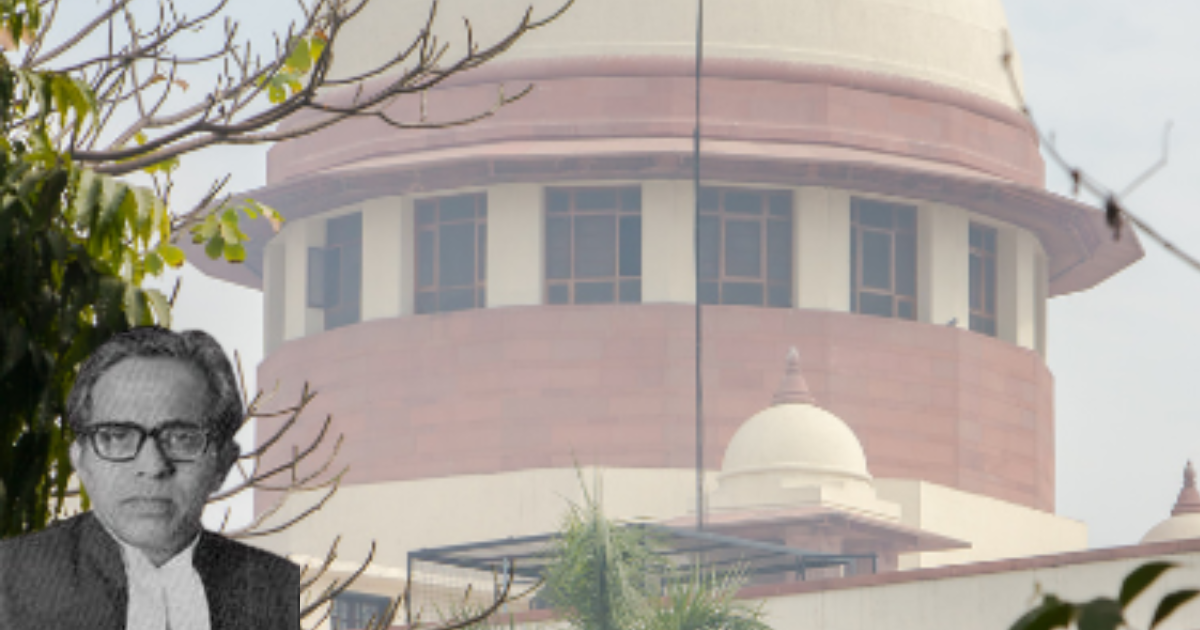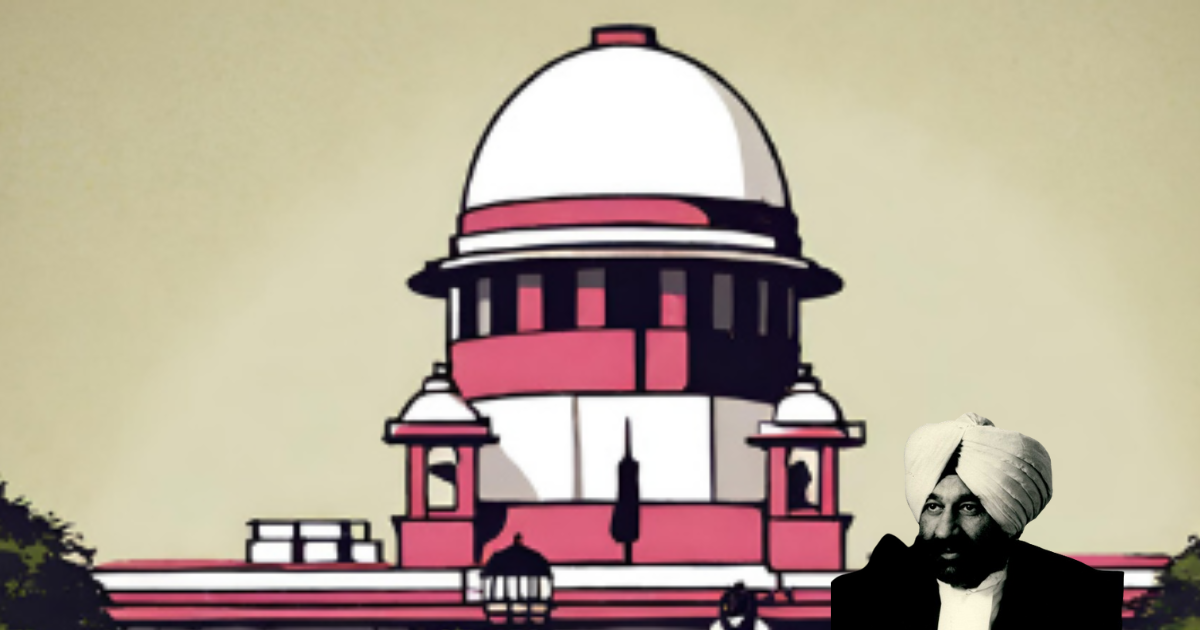In the legal landscape of India, the case of Unni Krishnan Vs. State of Kerala marks a significant chapter in the quest for equal access to education. This legal saga revolves around Unni Krishnan, a student, and his battle against the State of Kerala’s reservation policy in medical colleges. The verdict delivered by the Supreme Court of India in this case not only addressed the specific policy at hand but laid down foundational principles related to the right to education, paving the way for future developments in this crucial area.
The story begins with Unni Krishnan challenging the State of Kerala’s reservation policy in medical colleges. The policy mandated a certain percentage of seats to be reserved for students from the socially and economically backward classes. Unni Krishnan, represented by his legal counsel, argued that this policy unfairly discriminated against students like him, who were meritorious but were denied admission due to the reservation system.
The crux of the argument centered on the right to equality and equal protection under the law as guaranteed by Article 14 of the Constitution. Unni Krishnan contended that while affirmative action was essential for addressing historical injustices, it should not come at the expense of the merit-based admissions process, which was a fundamental aspect of the right to education.
The legal team drew inspiration from previous judgments, notably the landmark decision in T.M.A. Pai Foundation Vs. State of Karnataka (2002), which had upheld the autonomy of private educational institutions in determining their admission policies. The argument emphasized the need for a delicate balance between affirmative action and preserving the rights of meritorious students.
The legal analysis in Unni Krishnan’s case delved into the constitutional dimensions of the right to education. The Supreme Court, led by Chief Justice M.N. Venkatachaliah and a bench of distinguished justices, examined the delicate equilibrium between the state’s responsibility to provide education and the rights of private educational institutions to determine their admission policies.
In a landmark judgment, the Supreme Court struck down the reservation policy, holding that while affirmative action was crucial, it should not compromise the quality of education or infringe upon the rights of meritorious students. The court recognized the right to education as a fundamental right implicit in the right to life under Article 21 of the Constitution.
The verdict also articulated that the state had a duty to ensure that education was accessible to all, irrespective of socio-economic factors. It laid down the framework for affirmative action in education, emphasizing that such policies should be reasonable, non-exploitative, and contribute to the overall improvement of society.
In the aftermath of the judgment, Unni Krishnan’s case set the stage for the development of laws and policies related to education in India. The Right to Education Act (2009) further embodied the principles enunciated in this judgment, ensuring free and compulsory education for all children aged 6 to 14 years.
Citation: CIVIL APPEAL NO. 3468 OF 2007
Case Title: R. Unnikrishnan and Anr. …Appellants Versus V.K. Mahanudevan and Ors.



